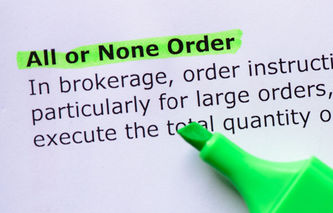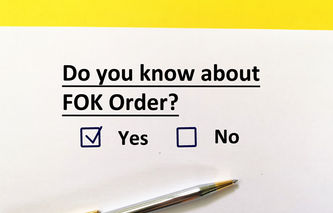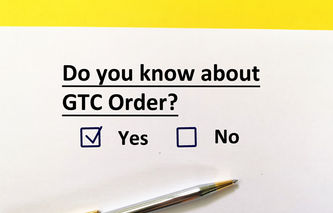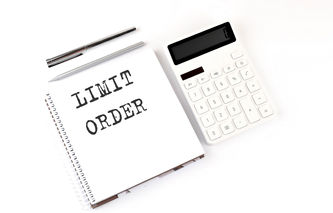Definition
The term day order refers to broker instructions to buy or sell a security that automatically expires at the end of the trading day if not executed. Unless specified by the investor, the default orders to buy and sell stocks at most brokerage houses are day orders.
Explanation
A day order is typically used in the context of buying or selling shares of stock. A day order instructs the broker to buy or sell a predetermined amount of securities at a predetermined price, or cancel the transaction at the end of the trading day.
A day order is oftentimes used in conjunction with a stop or limit order, since the investor is looking for a specific trading price point (unlike a market order). If a day order is not filled in the current trading session, it will be automatically canceled. As is the case with Good-Til-Canceled and Immediate-or-Cancel, a day order specifies the term of the order.






